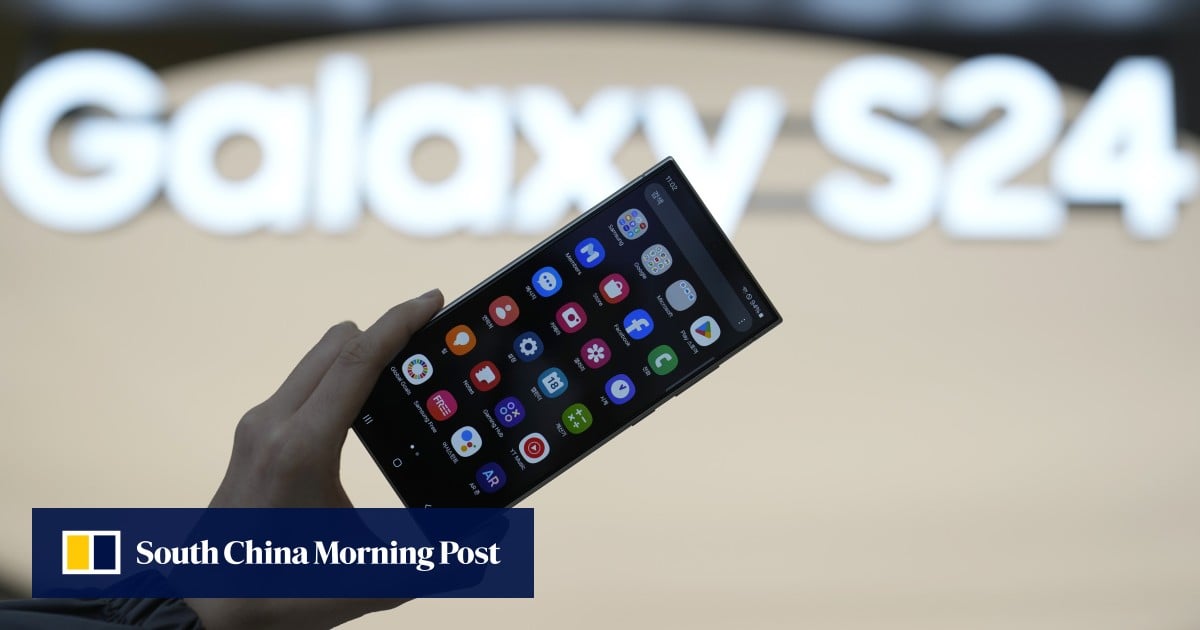
04 Feb Samsung-Baidu partnership unlikely to bolster appetite for Galaxy S24 smartphones in China
This article was first published by The Korea Times in a partnership with the South China Morning Post.
Samsung Electronics’ move to integrate its latest flagship smartphones with artificial intelligence (AI) technology from Chinese search giant Baidu has drawn lukewarm interest from consumers in mainland China.
But many Chinese consumers have taken to social media to express concerns that the search features on the local version of the Galaxy S24 series may not be as good as those on the international version.

“The overseas version is a completely different world than the mainland version,” said Weibo user “Sun Weilun”. He said he had visited a Samsung store in Hong Kong to test various models and found that the “Circle to Search” feature powered by Baidu provided much fewer results than the overseas version supported by Google.
Richard Zhang, a 30-year-old Beijing resident, said he was planning to buy an overseas version of the Galaxy S24 to get the best AI services. “I started considering this after I saw that the [mainland] system recognises Samsung’s own phones as other brands.”
Baidu is considered one of the top AI players in China, being the first major tech firm in the country to launch its own ChatGPT alternative when its Ernie Bot debuted in March 2023.
One major challenge faced by Samsung is the rise of Chinese vendors from Huawei Technologies to Oppo and Vivo, which are also releasing their own LLMs or integrating generative AI features in their latest handsets.
“Within the Chinese market, AI alone is unlikely to trigger immediate changes,” said Ivan Lam, a senior analyst at Counterpoint Research. However, he added that the partnership with Baidu “signifies Samsung’s dedication to long-term, consistent operations in China”.
In China, Samsung has set prices for the S24 and S24+ at between 500 yuan to 800 yuan (US$70 to US$112) more than the previous S23 and S23+ models, according to a recent analysis by Peng Peng, wireless smartphone strategies analyst at TechInsights. By comparison, Samsung kept the same price tags in the US and reduced prices in Europe.
“It seems that Samsung is not intensively competing with domestic vendors in terms of value for money in the world’s largest smartphone market,” Peng said.
